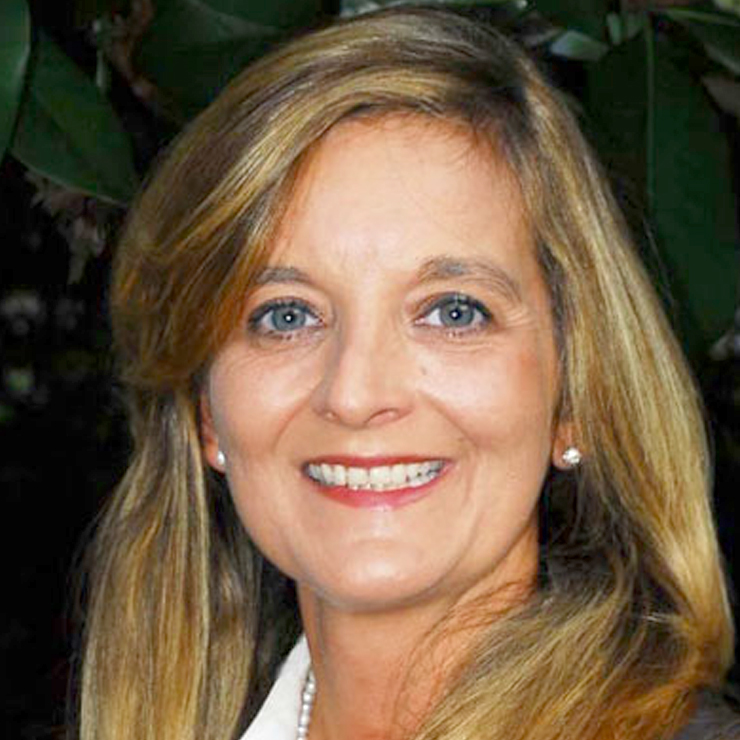Offsite Minimum Data Set Coordinators Are the Future
Wendy Strain, RN, RAC-CT
10/25/2022
 Some days it feels like up is down and right is left in long term care. Margins are razor thin, yet we face a 4.6 percent phased PDPM cut. Eighty-seven percent of communities report staffing shortages, yet federal staffing minimums are on the horizon.
Some days it feels like up is down and right is left in long term care. Margins are razor thin, yet we face a 4.6 percent phased PDPM cut. Eighty-seven percent of communities report staffing shortages, yet federal staffing minimums are on the horizon.
However, there are glimmers of hope. Facilities are working hard to meet the moment by thinking creatively and harnessing resources outside their walls. Nothing exemplifies those two strategies better than the industry's movement to offsite and outsourced minimum data set coordinators (MDSCs).
The State of the MDS Coordinator
MDSCs are leaving the industry in droves, and those who remain are overstretched. We’ve all seen it or experienced it ourselves. Dining services is short-staffed, so you pull the MDSC to deliver trays. The facility is down a CNA or two, so the MDSC rolls up their sleeves to fill in.
Unfortunately, this “all hands on deck” approach has real costs. MDS assessments are months overdue or not completed accurately, which threatens the clinical reputation and financial viability of a community.
That’s where an offsite MDS coordinator comes in.
Offsite MDS Coordinators as a True Solution
The idea of an offsite MDSC might feel like another “up is down and right is left” situation. Doesn’t the MDSC need to be onsite with their eyes on the resident to assess? How do they collaborate with the rest of the facility team? What if facility leadership is just more comfortable having someone down the hall?
I understand these questions and the hesitancy. For a long time, I also believed an MDS coordinator needed to physically see residents and have in-person touchpoints with care providers and the business office to submit an accurate MDS assessment. Then I worked as an offsite MDS Coordinator myself.
First-Hand Results of an Offsite MDSC
In mid-2020, I had the opportunity to serve as an offsite MDS coordinator for a community that desperately needed to fill the vacancy but was worried about COVID-19 infections and bringing more people into the building. I was tasked with serving as the facility’s offsite MDSC, as well as with building an offsite program that could be applied to other communities.
After more than 25 years in long term care and training hundreds of MDSCs on PDPM, it’s hard to surprise me, but I was shocked by the success of our offsite approach.
For the first time in a long time, I could focus 100 percent of my energy on my MDS assessments. I could review coding with a fine-toothed comb, quickly identify gaps in assessment processes, and continuously train my team members because I wasn’t being pulled to put out other fires. I joined every morning meeting, Medicare huddle, and triple check via Zoom and was never sidetracked by a “Can I grab you for a second?” request. My facility, my residents, and my team got the very best MDSC work, and it wasn’t just because I had experience—it was because being offsite set me up for success.
The results were telling. I caught the facility up on their MDS assessments, I tracked down every dollar for care delivered, and the team became more efficient because it had airtight assessment processes and documentation.
Is an Offsite and Outsourced MDSC Right for Your Facility?
Since then, I’ve hired and placed dozens of MDSCs for positions across the country. Their experiences and results echo mine, and I’m more convinced than ever that offsite is the future of this role. It certainly makes sense from a quality and cost perspective, especially if you’re experiencing the following:
- You have a backlog of MDS assessments, or your reimbursements are low. There’s only so much time in a day. We can’t continue to expect MDSCs to plug other staffing gaps and still submit assessments accurately and on time. We also can’t expect untrained clinical members to “fill in” on the MDS. Every time we divert time or expertise from the MDS assessment, we sacrifice dollars owed to our community and risk compliance problems. Now we have a real solution to give the MDS assessment the attention it deserves without running our team ragged.
- You’re struggling to find and retain qualified MDSCs. An offsite approach increases the size of your talent pool. If you’re struggling to fill open positions or find a quality candidate, making the position offsite expands your candidate options.
- You want to avoid interim staffing expenses. Travel and lodging for interim staffing can add up, especially if you’re experiencing turnover year over year or having trouble finding the right full-time candidate.
- You need help training your broader clinical team. One of the biggest benefits of a skilled offsite MDSC is that they can dedicate the time to training. Instead of offering piecemeal support on the floor, they can bolster the technical, documentation, and process knowledge of your broader team to make the MDS assessments reflect the care you provide.
Support in a New and Effective Way
This up is down and right is left world doesn’t need to mean chaos. It can mean innovation, creativity, and a new way of thinking that still gives facilities what they need: in this case, a great MDSC achieving the best clinical and financial outcomes to support resident care.
Wendy Strain, RN, RAC-CT, is the Director of Consulting Services for Polaris Group. She can be reached at wendy.strain@polaris-group.com.